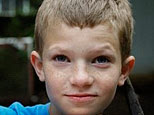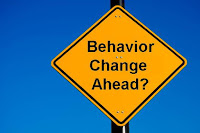Kids with Autism Spectrum Disorder and the Associated Relationship Problems

"Is it common for children with ASD to have a great deal of difficulty relating to their peers in a proper manner? My son tends to burn bridges (so to speak) rather quickly with his friends." ASD level 1 (high-functioning autism) often leads to problems in social interaction with peers. These problems can be severe or mild depending on the individual. Kids with ASD are often the target of bullying at school due to their idiosyncratic behavior, precise language, unusual interests, and impaired ability to perceive and respond in socially expected ways to nonverbal cues, particularly in interpersonal conflict. Kids on the autism spectrum may be overly literal, and may have difficulty interpreting and responding to sarcasm, banter, or metaphorical speech. Difficulties with social interaction may also be manifest in a lack of play with other kids. The above problems can even arise in the family. Given an unfavorable family environment, the youngster may be subject to e


